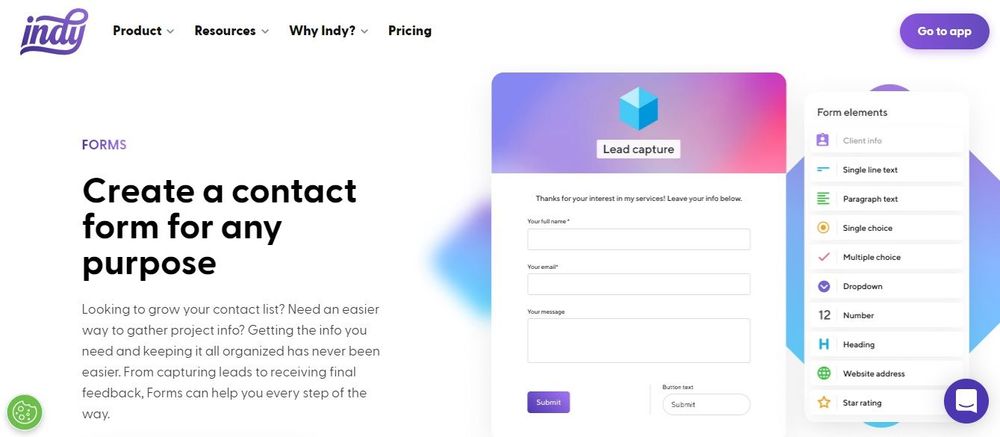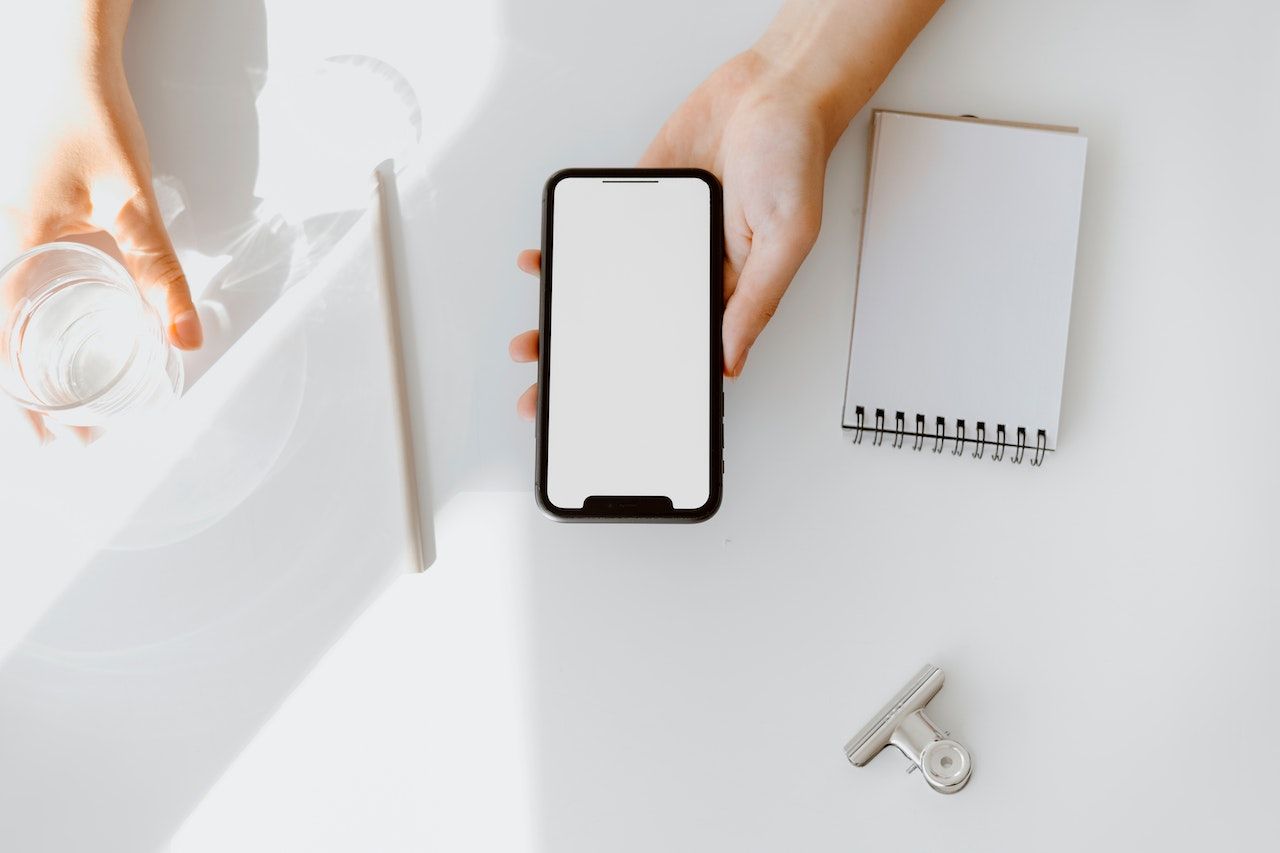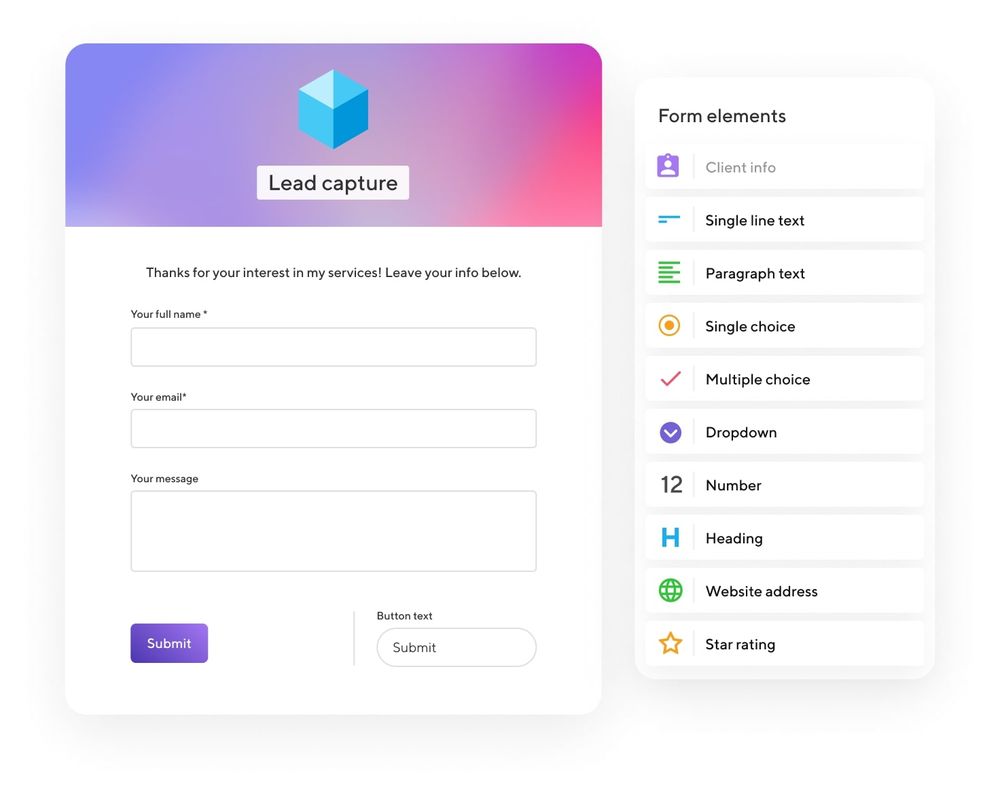In today's crowded market, it's crucial for businesses to stand out and create a strong brand identity. But how do you know if your audience is aware of your brand? The answer lies in measuring brand awareness through surveys.
In this article, we'll guide you through the process of creating a comprehensive survey with effective questions and templates to gain valuable insights into how well-known your brand really is. So buckle up and get ready to take your branding strategy to new heights!
What is brand awareness?
Creating brand awareness is vital for any business looking to succeed in today’s competitive marketplace. But what exactly is brand awareness?
Brand awareness is the extent to which consumers are familiar with a particular brand and its products or services. It’s important to note that brand awareness is not the same as brand recognition, which is when consumers are able to correctly identify a brand from its logo or other visual cues. Brand awareness simply measures whether or not consumers have heard of the brand before.
Some of the most significant information may be gathered from responses to brand awareness survey questions:
- What do consumers think about your brand image?
- How much trust do they have in you?
- Where do they place their loyalty?
Let's use a simple example to better grasp this. What comes to mind when the word "burger" is mentioned? The first thing that comes to mind is a brand, logo, or item.
This is referred to as brand awareness or top-of-mind awareness.
In fact, studies show that over 69% of all consumers are likely to consider making a purchase from a brand they are familiar with, making measuring and enhancing brand awareness a major priority.
There are several ways to go about measuring brand awareness, but one of the most common is through surveys. By asking questions about familiarity with the brand and product knowledge, businesses can get a good sense of how well the target audience knows their brands and where they need to focus their marketing campaigns.
If you’re interested in creating a brand awareness survey for your business, we’ve put together a list of questions and templates that you can use.
Why is it important to measure brand awareness
It is important to measure brand awareness for a number of reasons. First, brand awareness is a key driver of sales and can be a leading indicator of future sales growth. Second, brand awareness can be used to identify opportunities and optimize marketing strategies. Finally, measuring brand awareness can help assess the efficacy of marketing campaigns and allow for more accurate budgeting.
Creating a brand awareness survey is relatively simple and can be done using a variety of methods, including online surveys, interviews, focus groups, or even social media monitoring. The most important part of creating a brand awareness survey is to craft questions that will accurately measure the level of familiarity with your brand that the users have.
Some example questions include: "How often do you see our ads?" "What comes to mind when you think of our brand?" "Have you purchased from us before?"
Once you have collected data from your survey, you can begin to analyze it to determine how effective your branding efforts are and where there may be room for improvement. By regularly measuring brand awareness, you can make sure that your marketing strategies are on track and adjust them as needed to continue growing your business.
Four ideas for a successful brand awareness survey
Here are some guidelines for developing brand awareness surveys that allow you to directly measure and monitor brand awareness.
1. Identify goals and objectives
Identifying goals and objectives is the first step in creating a brand awareness survey. By clearly identifying what you want to achieve with your survey, you can create better questions and target your respondents more effectively.
Some common goals for brand awareness surveys include:
- Measuring top-of-mind awareness: Do respondents think of your brand when they think of the product category?
- Assessing brand recall: Can respondents remember your brand after being exposed to it?
- Gauging brand recognition: Do consumers recognize your brand when they see it?
- Evaluating message recall: What do respondents remember about your advertising or marketing messages?
Once you've identified your goals, you can start crafting questions that will help you build brand credibility. Keep in mind that question wording and format can have a big impact on the answers you get, so it's important to carefully consider each question before adding it to your survey.

2. Determine your ideal customer base
The first step is deciding who you want to take your brand perception survey. You must define your target market. Your brand awareness survey would have to specifically target a subset of that market. This is the most appropriate sector for your brand or product.
For instance, if you own a local business, you probably only advertise to people in that area. E-commerce businesses should, however, concentrate on the audiences that come to their websites. Finally, you should limit the distribution of your brand awareness survey to the customers who are most likely to use your goods and services.
If you offer pet supplies, for instance, pet owners are your target market. You may, however, refine this even further. If you offer high-end pet food, you may target certain groups of people, especially those with higher incomes who are more ready to spend more money on cat or dog food.
You may use your brand survey to get information from both loyal consumers and those who have never interacted with your brand. To achieve the greatest responses for your survey, keep in mind that connecting with your audience is what matters most.
3. Ask the right questions
After selecting a suitable audience, you need to find out what they think of your brand and whether they are familiar enough with it to use your goods and services by asking them questions. Make sure that you ask questions specifically tied to what you want to learn.
You'll need to measure a number of parameters, and there are several types of questions for each one. Questions to ask about brand awareness include the following:
Recognition. As compared to other brands, recognition simply implies that your customer can identify your brand. Depending on your marketing methods, once consumers are aware of your brand, you want them to be able to recognize it.
Identity. Your brand's personality and tone make up its identity. Also, it should provide a story about your brand's origins and values to help you connect with customers. Identity is crucial for brand recognition and reputation since it influences how your brand is seen.
Image. Your brand identity includes more than simply your brand image. Your brand image and identity must work well together if you want your customers to see your company in a particular way. But, if your company has a bad reputation, it will be harder to promote.
Loyalty. Even loyalty is measurable. If you want to know if your customers are spreading the word about your company, you should include questions about loyalty in your brand survey.
4. Create a brand awareness survey template
Creating a brand awareness survey is not difficult, but there are a few important things to keep in mind. Here are some tips for creating a brand awareness survey template that will help you get the most accurate results:
- Keep it short and sweet. The shorter your survey, the more likely people are to complete it. 10 questions or fewer is ideal.
- Make sure your questions are clear and concise.
- Be sure to ask about both top-of-mind and unaided brand awareness. Top-of-mind awareness is when users name your brand off the top of their heads. Unaided awareness is when respondents mention your brand after being given a list of options.
- Ask open-ended and closed-ended questions. Closed-ended questions can be answered with a simple yes or no, while an open-ended question requires a longer answer.
- Make sure to include demographic questions. Demographic questions help you understand who is responding to your survey and can provide additional insight into the results.
Brand awareness survey questions
You may need some examples to get you started now that you know what kinds of brand awareness survey questions to ask.
If this is your first time using a survey to evaluate brand awareness, keep things basic by including just a few multiple-choice and open-ended questions. Depending on how you want the question answered, replies might range from yes or no to lists and brief explanations.
To get you started, consider this brand awareness survey template:
- How familiar are you with our merchandise? Very | Somewhat | Unfamiliar
- Do you think our brand has a distinct personality? Yes | No
- Have you tried our products? Yes| No|
- Which one of the following best sums up our brand? Useful | Could do without | Not useful
- Do you believe we are reliable? Yes | No
- Rate your last experience with our brand. 10 being extremely pleasant 1 being not pleasant at all
- How likely are you to keep choosing our brand in the future? Very likely | Not sure | Not likely
- Can we do anything to improve our services or products? _____________________________
Depending on what it is you are measuring, you can change the questions up a bit, or you can use a survey by Indy with brand awareness questions already in it to save some time.

Brand perception survey questions
While brand awareness surveys measure the customers' recognition of your brand, brand perception surveys exist to measure the brand perception of the general public, i.e., how the customers feel about your brand's image. The survey responses will help you better understand the customers' perception and give you a huge competitive advantage as you can use emotional attachment to establish trust.
Brand perception surveys need to have many more open-ended questions than brand awareness surveys because you are letting the target audience tell you exactly how they feel about your brand. Additionally, scalable questions can act as a subtle way to test brand loyalty and brand credibility with the right audience.
Here are some brand perception questions:
- In three words, describe our brand: _________________________
- Which of the following words describe our brand best: Valuable | Useful | Good | Unnecessary | Useless | Effective | Bad | Wasteful | Great
- How do you feel when you think of our brand? Happy | Angry | Excited | Sad | Shy | Insecure
- What would you tell a friend about our company? ___________________
- When you think of our company, what comes to mind? ___________________________
- On a scale of 1-10, how would you rate your last experience? ____________________
- On a scale of 1-10, how likely are you to choose some other brand? ______________________
Analyzing and interpreting results
As you can see, there are many ways you can go about measuring brand awareness. The most important thing is to make sure that your questions are specific and that you have a plan for analyzing the results.
Once you've collected your data, it's time to start analyzing it. Look at the responses to each question and try to identify any patterns or trends. Are there any groups of people who seem to have similar views? Are there any topics that generated a lot of discussions?
Once you've identified some key findings, it's time to start interpreting them. What do they tell you about your brand? How well do people understand your message? What are people's perceptions of your brand? Use this information to help you fine-tune your marketing strategy and make sure that your branding is on track.
Overall, brand awareness surveys can be a powerful tool to help you gain insight into your customer base and understand how they view your brand. Make sure to ask the right questions, analyze the data carefully, and use the results to improve your brand image.
Conclusion
Knowing how to measure brand awareness is essential for any business. Creating a brand awareness survey helps you track your progress and identify areas where you need improvement. With the right questions and templates, it's easy to create an effective survey that will give your business valuable insights into how customers perceive your brand. Investing time in measuring brand awareness can help ensure that your marketing activities are paying off. Building brand awareness can also impact your decision-making process about how best to reach potential customers.

Indy’s form builder lets you create custom surveys for any purpose. Drag and drop the elements you need, save any template you create, and share forms anywhere with a link or embed it directly to your website. Check out Indy today and see how its tool suite can grow your independent business.



